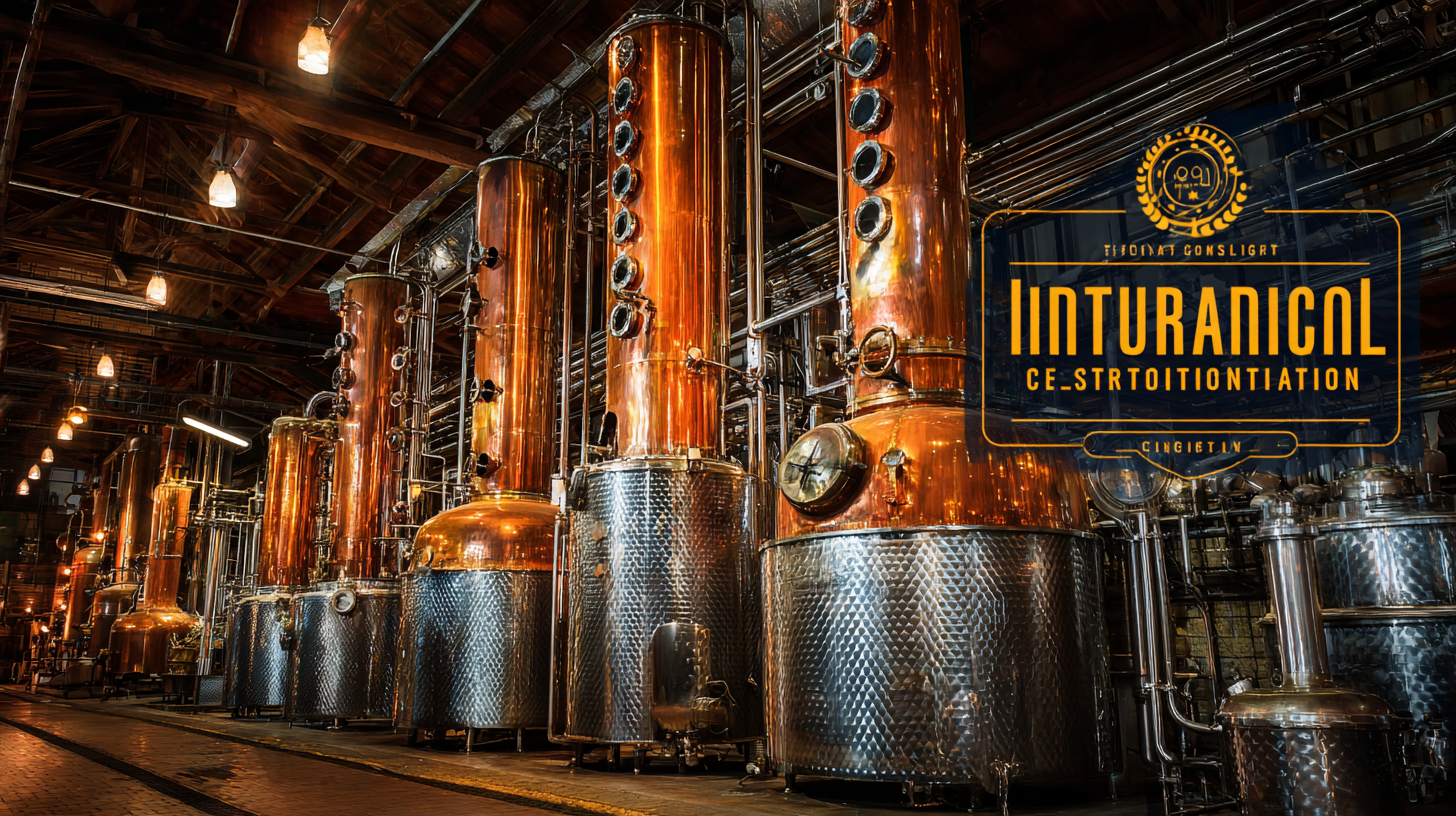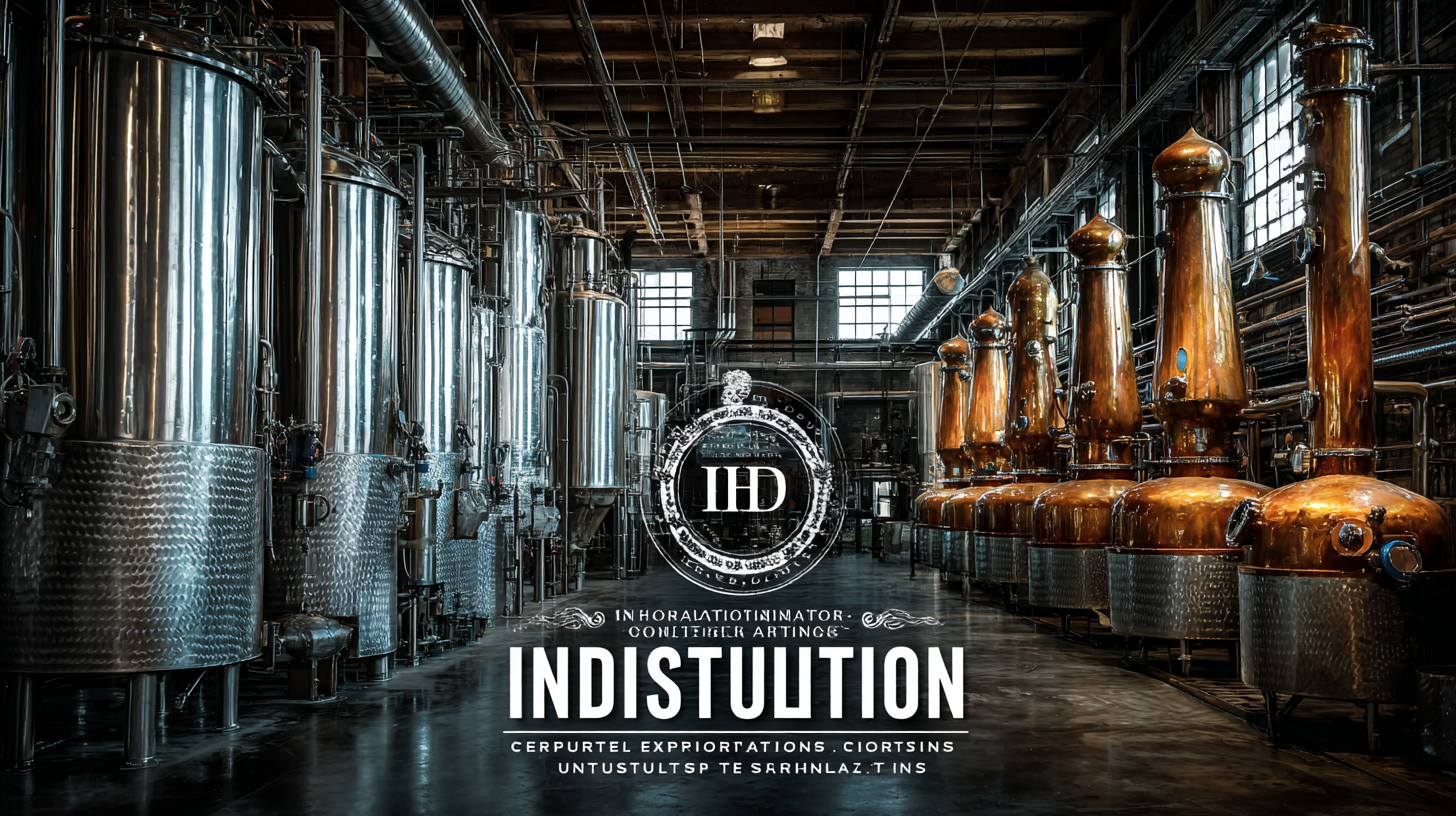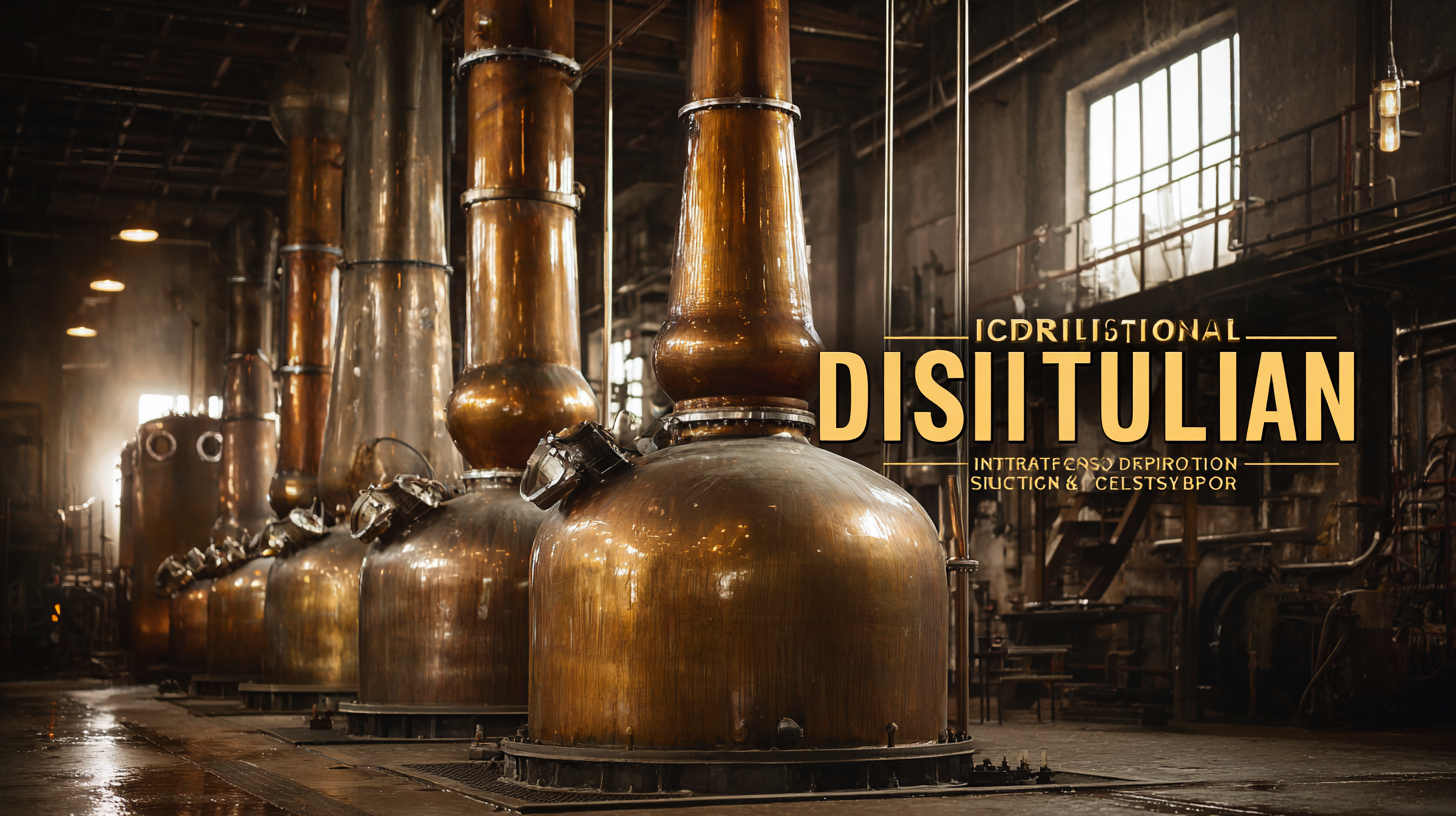
How to Navigate Global Import Export Certifications for Best Industrial Distillation Solutions
In the increasingly interconnected global market, understanding the import and export certifications relevant to Industrial Distillation is crucial for businesses aiming to thrive in this competitive landscape. According to a recent report by MarketsandMarkets, the industrial distillation market is projected to reach $XX billion by 2025, driven by demand in sectors such as pharmaceuticals, chemicals, and food production. Navigating the complex web of certifications—from safety and environmental regulations to quality management standards—can be daunting. However, adherence to these certifications not only ensures compliance with international trade laws but also enhances product credibility and market access. As companies seek to optimize their distillation processes for efficiency and sustainability, a strategic approach to certification can unlock numerous opportunities, facilitating smoother transactions and fostering global trade relationships.

Understanding the Importance of Certifications in Industrial Distillation Solutions
In the realm of industrial distillation solutions, certifications play a pivotal role in ensuring compliance and fostering trust among stakeholders. According to a recent industry report, approximately 70% of manufacturers consider certifications essential for market entry, emphasizing their significance in global trade. These credentials not only solidify a company's credibility but also guarantee that products meet international quality standards, which are crucial in sectors such as pharmaceuticals and food processing.
Navigating the complex landscape of global import-export certifications can be daunting. Therefore, it's crucial to stay informed about the specific requirements for your target markets. For instance, brands looking to enter the EU must adhere to strict standards set by REACH and other regulatory bodies.

Tips:
- Research thoroughly the certification requirements of your target market before initiating import-export operations.
- Consider partnering with local experts or organizations that specialize in certification processes to streamline your compliance efforts.
- Regularly update your knowledge about evolving regulations to avoid costly setbacks and maintain your competitive edge in the industry.
Key Global Regulations Impacting Import and Export of Distillation Equipment
Navigating the complexities of global import and export certifications for distillation equipment is essential for businesses aiming to expand their market reach. Key regulations vary significantly across regions, impacting how distillation solutions are manufactured, transported, and sold. For instance, the European Union's stringent compliance standards require detailed documentation and safety assessments, which can be daunting for first-time exporters. Additionally, regions such as North America impose specific labeling and environmental regulations, ensuring that equipment meets safety and sustainability benchmarks.
In contrast, emerging markets may offer more lenient certification processes but can introduce their own challenges, such as varying standards and lack of clarity in legal requirements. Companies must stay informed about international agreements, such as the World Trade Organization’s rules, which affect tariff structures and non-tariff barriers. Understanding these regulations not only facilitates smoother transactions but also enhances product credibility in the eyes of regulators and consumers alike, ultimately leading to a competitive advantage in the industrial distillation sector.
Technical Specifications: Essential Parameters for Efficient Distillation Processes
In the realm of industrial distillation, understanding the essential parameters of efficient distillation processes is fundamental to achieving optimal performance. Recent advancements in process intensification highlight how sustainable methods are transforming traditional food processing approaches, emphasizing efficiency and reduced environmental impact. Techniques such as energy-saving hybrid distillation and pervaporation illustrate the significant potential in recycling organic compounds from wastewater, showing how innovative methodologies can streamline operations and enhance productivity across various sectors.

Furthermore, optimizing thermal energy-driven distillation systems using advanced modeling techniques can yield substantial benefits. By applying algorithms specifically designed for multi-objective optimization, industries can fine-tune their distillation systems, resulting in improved water treatment methods and more effective resource management. As these processes evolve, the integration of cutting-edge technologies will continue to redefine the standards for distillation efficiency, paving the way for enhanced solutions in an increasingly competitive market.
Comparative Analysis of Certification Standards across Different Regions
Navigating the intricate landscape of global import-export certifications requires a keen understanding of varying regional standards, particularly for industries like industrial distillation.
A comparative analysis of certification standards across different regions reveals significant disparities, which can greatly influence the production, quality, and marketability of distilled products. For instance, while some regions prioritize sustainable practices through life cycle assessment certifications, others may focus primarily on safety and compliance, impacting manufacturers' operational protocols and export strategies.
By evaluating the certification frameworks employed in diverse markets, stakeholders can better understand the hurdles and opportunities presented by different regulatory environments. For example, recent assessments in countries such as India highlight the growing emphasis on sustainability in spice production certifications, suggesting a shift towards eco-friendly practices. Similarly, insights from the wood construction industry in Slovakia and Ukraine demonstrate how life cycle assessments can guide material usage and promote environmental responsibility. As industries strive for excellence in distillation processes, aligning with the specific certification standards of target markets becomes paramount for success.
Navigating Documentation and Compliance in Global Import Export Operations
Navigating the intricate landscape of global import-export operations requires a thorough understanding of documentation and compliance requirements. Each country has its regulations, and businesses must ensure they meet these to avoid delays and penalties. Essential documents typically include commercial invoices, packing lists, certificates of origin, and specific import/export licenses depending on the nature of the goods. Familiarity with these documents not only streamlines the process but also enhances the credibility of your business in international markets.
Adhering to compliance regulations isn’t just about paperwork; it also involves understanding tariffs, trade agreements, and international standards that govern product safety and environmental impact. Failure to comply can lead to costly fines or the rejection of shipments. Therefore, it is crucial to stay updated on the latest changes in laws and regulations that may affect your products. Partnering with experienced customs brokers or consultants can provide valuable insights, ensuring that your industrial distillation solutions navigate the global market efficiently and effectively.
